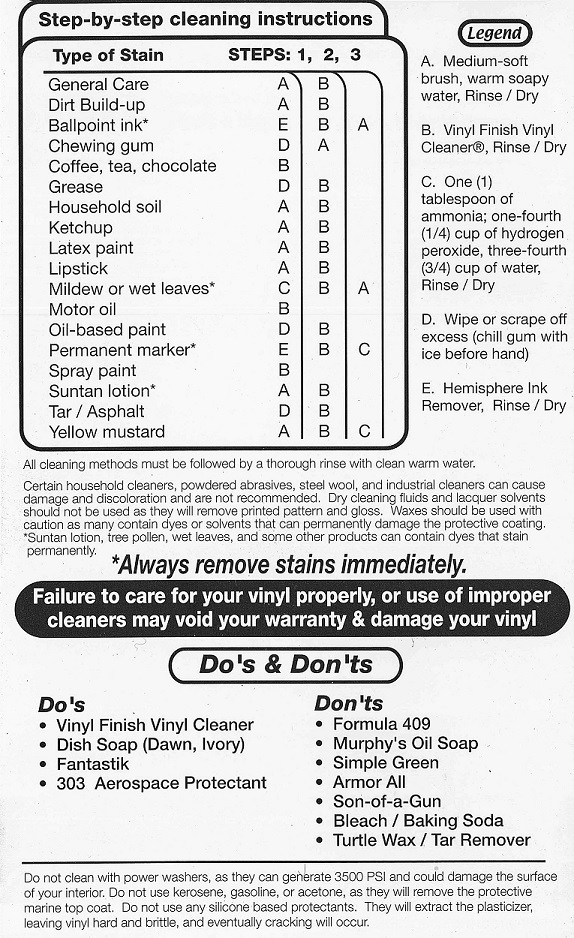So it looks like acetone is compatible with vinyl if you don t want the vinyl to dissolve.
Is vinyl safe with acetone.
But i would be willing to bet 20 that it will dissolve vinyl.
Avoid using ammonia based cleaning solutions highly abrasive scrubbers or detergents when removing stains from vinyl.
Luckily cleaning vinyl siding is a fairly easy job and there are a wide variety of products to help remove typical stains.
Yes acetone is a very powerful solvent.
Leaks in vinyl pools are patched with an underwater vinyl patch kit.
Cleaners with a similar chemistry to vinyl siding e g those containing organic solvents or petroleum ethers like acetone benzene or tetrahydrofuran can damage it creating dark and hazy.
Although vinyl is durable it can still fall victim to stains.
Any ph neutral floor cleaner is safe to use on vinyl flooring.
It will dissolve most plastics.
Read on and we ll show you how to clean vinyl siding the right way.
Like with any other chemical safety precautions are necessary when using acetone.
Most vinyl pool owners do not have a problem with leaks in the vinyl liner per se in fact it s more common to leak in other areas than it is to leak through a rip or hole in the vinyl.
Merck index 12 edition plus i m a chemist.
Can i assume that the acetone will not harm the vinyl.
The great stuff for windows blue can can says uncured foam can be cleaned with acetone.
One must question if these surfaces are safe for children.
Areas like the skimmer returns drains steps and pool lights.
Vinyl floor adhesive make a mess during installation even if you are careful and using acetone can remove the adhesive quickly.
However if it is plasticized vinyl like vinyl car seats or vinyl bags the acetone may extract the plasticizer and cause the vinyl to crack.
They can damage the floor or leave a dull film in their wake.
I never put or spilled any acetone on vinyl so i can not swear on my mothers grave or in a court of law.

